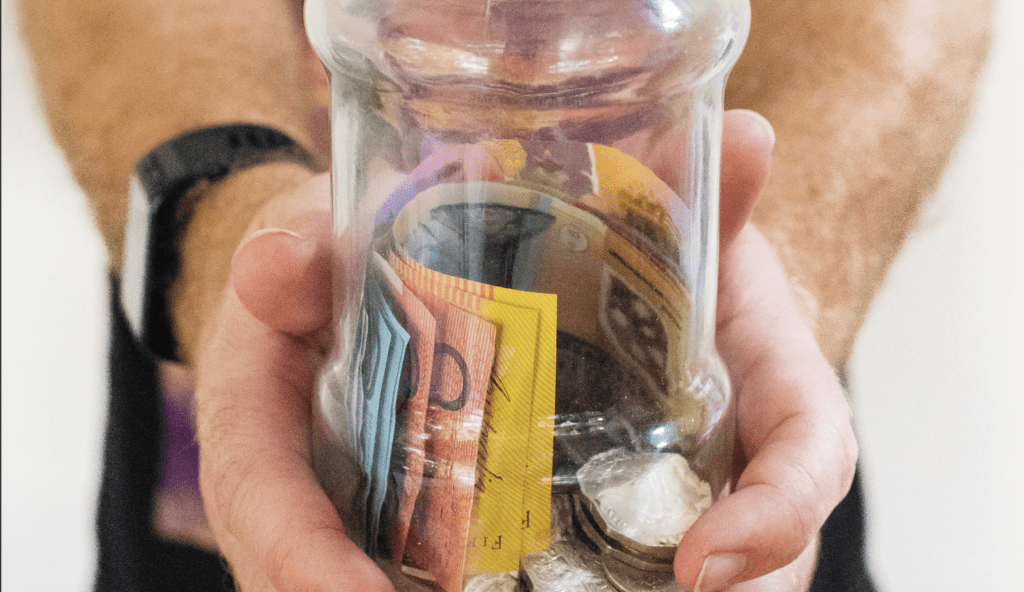They say there are only two certainties in life; death and taxes. And so it goes for cryptocurrency! While there’s been much speculation over the eventual death of Bitcoin and its lesser-known friends, it’s seemingly nowhere in sight. Sadly, the same can’t be said for taxation.
As the popularity and price of Bitcoin continues to grow, everyone is sitting up and taking notice. And by “everyone”, we mean the ATO.
Congratulations to those of you who got in early – you have every right to sit back and chuckle at the rest of us and our ‘could have, would have, should have’s! On the other hand, you don’t necessarily have the right to sail off into a tax-free sunset.
So, what regulations are out there, and how do they apply to you?
The ATO and crypto?
First thing’s first – they ARE viewing it. You can rest assured they won’t be turning a blind eye, and the assumption that “Well, I have less than $10,000 worth, therefore it’s tax-free” won’t cut it either.
According to the ATO’s guidance paper, bitcoin “is neither money nor foreign currency” but rather “an asset for capital gains tax (CGT) purposes”. Therefore, the tax consequences for the trading, selling, or exchanging of a cryptocurrency depends on the circumstances surrounding that event; the value and duration of your investment, and most importantly – your intention when acquiring the cryptocurrency. So…
How do YOU view your crypto?
Broadly speaking, you and your crypto can fall under three categories, and each will be treated differently when it comes to tax law.
TRADING – buying and selling cryptocurrency day-to-day, with the intention of making a profit.
You’ve got your finger on the pulse, and you want to make some fast money on the digital currency market. As soon as that is your intention, and you sell or trade your crypto for short or medium-term profit, then any earnings from your transactions will be subject to income tax.
This remains the case even if each individual sale or trade is below the $10,000 personal use asset threshold, because the pattern of your buying suggests that you are doing so to make a profit.
You will be seen to be conducting a business, and your proceeds considered assessable income. Any cryptocurrency that you have on hand at the end of the year will be considered trading stock.
By the same token, any costs you incur in conducting that business are allowed as a tax deduction.
INVESTING – acquiring cryptocurrency as a capital asset
So, you’re prepared to practice a little patience with your bitcoin. You are less concerned with short-term profit, and are willing to wait for the value to appreciate over at least a 12-month period.
Generally speaking, if you sell your crypto after a 12-month period – without any trades occurring during that time – then the sale of the cryptocurrency will be subject to capital gains tax. Under the CGT regime, you will be eligible for a 50% discount. That is, only half of your profit will be taxed.
PERSONAL USE ASSET – using cryptocurrency to purchase goods and services.
This one’s tricky. Yes, it is under this category that the treatment of your crypto may tax-free.
If you are using bitcoin to buy goods or services for personal use or consumption, and the original cost of the bitcoin was $10,000 or less, then there will be no income tax or GST implications. Any capital gain or loss from your crypto disposal will simply be disregarded.
Why $10,000? That’s the personal use asset threshold.
BUT there’s a BUT.
If say, you use bitcoin to purchase petrol, but your original intention when acquiring the bitcoin was for speculative gain or investment, then the purchase of the petrol is unlikely to be deemed a “personal use asset”, and your profit will be subject to tax.
See what we’re saying about the importance of intention?
Suitably confused?
Fair enough, it’s tax and it’s new. The best advice for this new age? Keep it old-school by keeping records.
The ATO suggests you record the following when it comes to your bitcoin transaction:
- The date of the transactions
- The amount in Australian dollars (even when trading asset-for-asset)
- What the transaction was for, the intention of your acquisition/sale/trade/exchange
- Who the other party was (even if it’s just their bitcoin address)
Make sure you are safe-proofing yourself – the more information the merrier. Whether you’re tackling your tax return alone, or handballing it to your friendly tax accountant.













